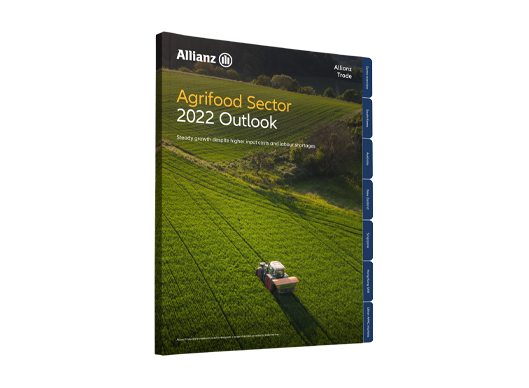Q: Hi Andrew, with 15+ years of credit risk experience in the region, may we have your thoughts on the agrifood sector?
A: In our region, while population growth remains steady, people now have more disposable income compared to a decade or two ago. People in this region now also focus on the quality of agrifoods (e.g. organic diet) and lifestyle (e.g. wine consumption). We are seeing a higher demand for agricultural products within the region. In addition to the traditional domestic supply of agrifood, rapid development of global agrifood supply chain and online platform also serve as a big boost to the agrifood industry. E-commerce is no longer dominated by MNCs, nowadays medium and small agriculture-growers can easily sell their goods to global customers.





